26+ Sample Business Agreements
-
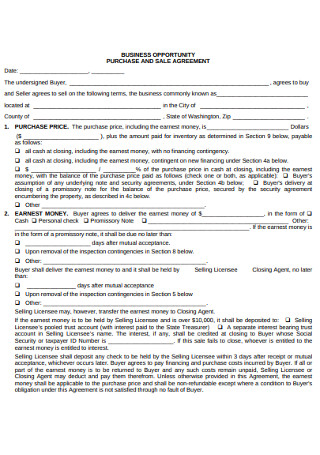
Business Opportunity and Sale Agreement
download now -
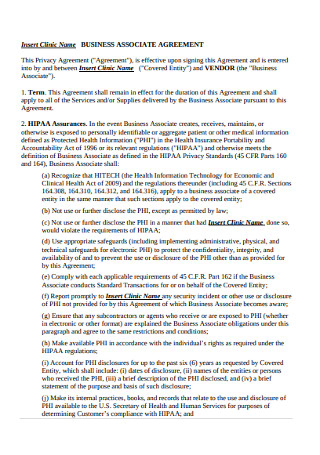
Business Associate Agreement
download now -
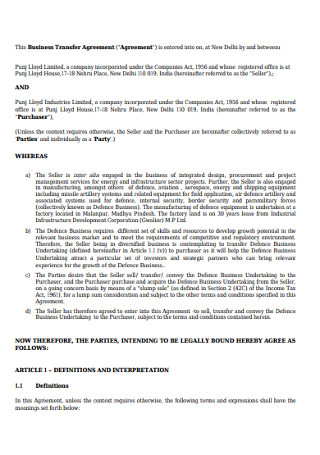
Business Transfer Agreement
download now -
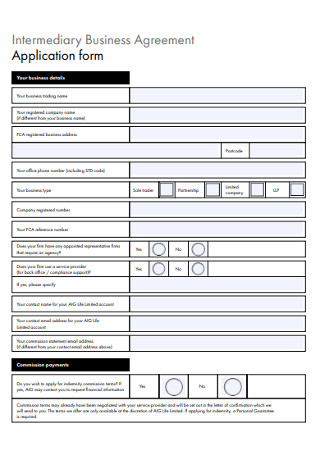
Intermediary Business Agreement Application Form
download now -
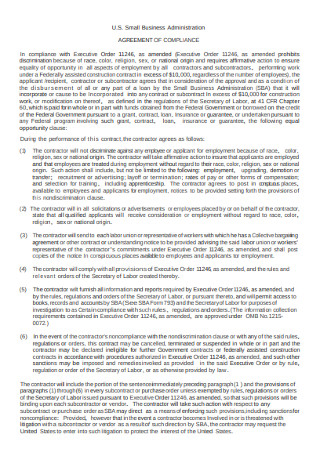
Small Business Administration Agreement
download now -
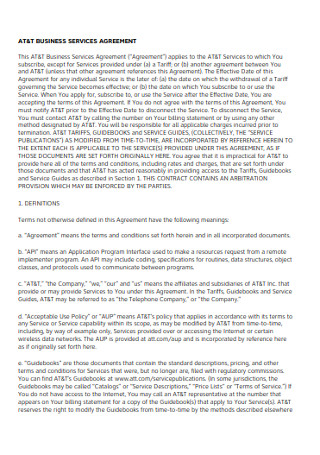
Sample Business Service Agreement
download now -
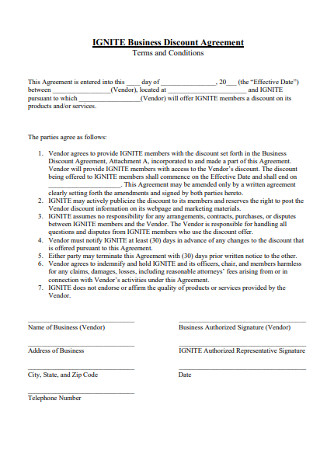
Business Discount Agreement
download now -
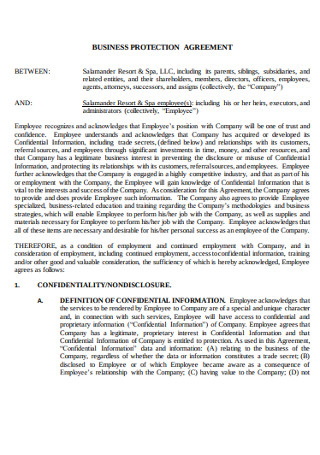
Business Protection Agreement
download now -
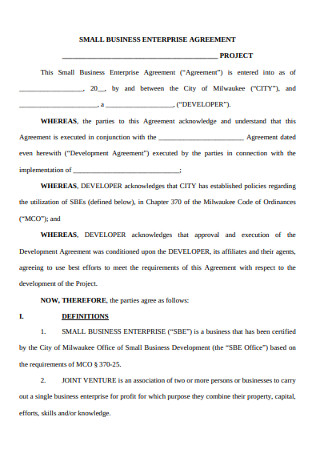
Small Business Enterprise Agreement
download now -
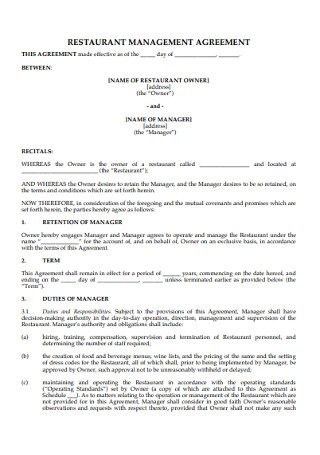
Restaurant Management Agreement
download now -
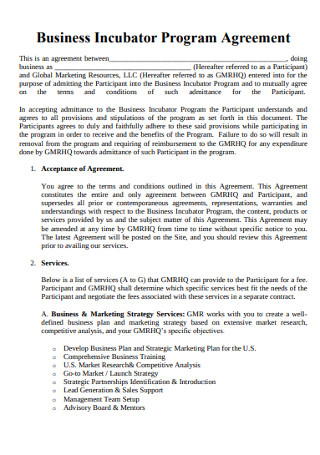
Business Incubator Program Agreement
download now -
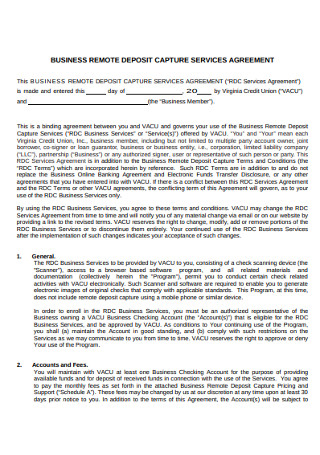
Business Remote Deposit Capture Service Agreement
download now -
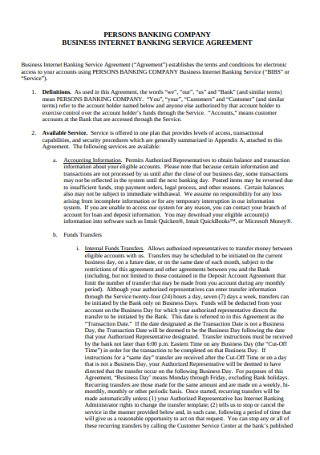
Personal Company Business Agreement
download now -
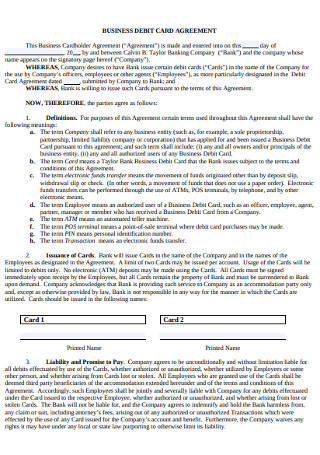
Business Debit Card Agreement
download now -
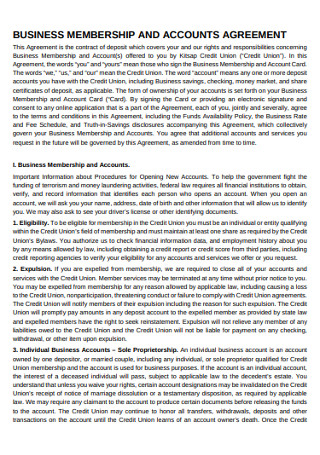
Business Membership and Accounts Agreement
download now -
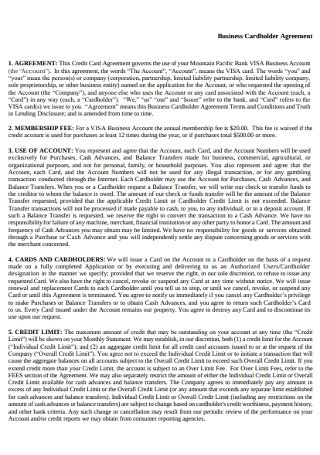
Business Cardholder Agreement
download now -
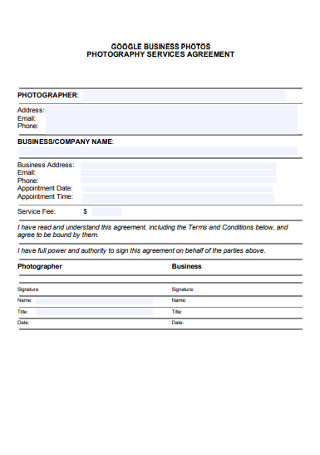
Photography Business Service Agreement
download now -
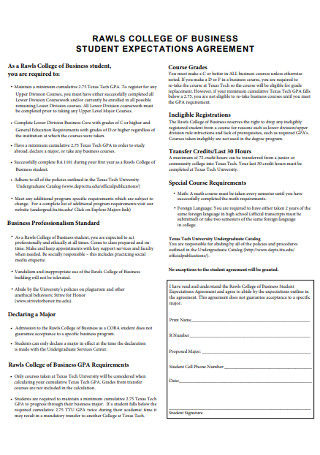
College of Business Student Expectation Agreement
download now -
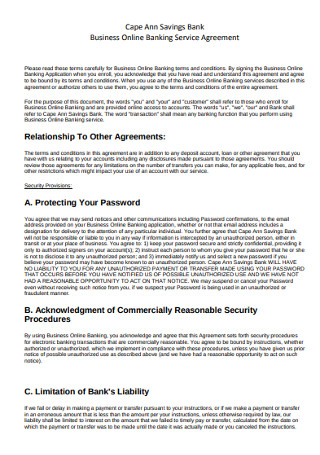
Business Online Banking Service Agreement
download now -
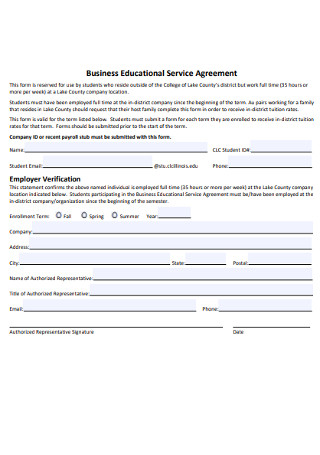
Business Educational Service Agreement
download now -
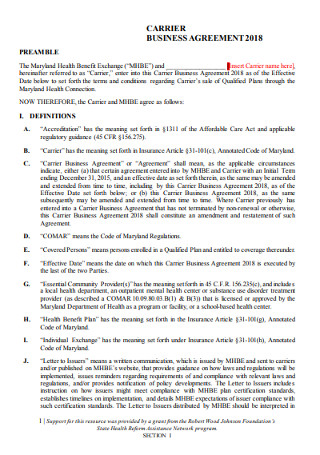
Carrier Business Agreement
download now -
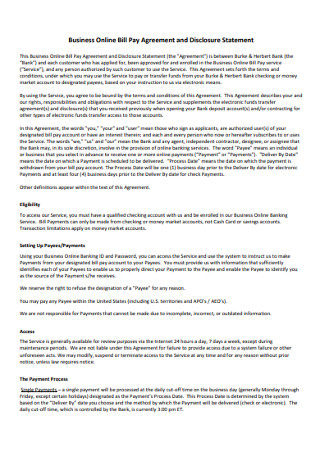
Business Online Bill Pay Agreement
download now -
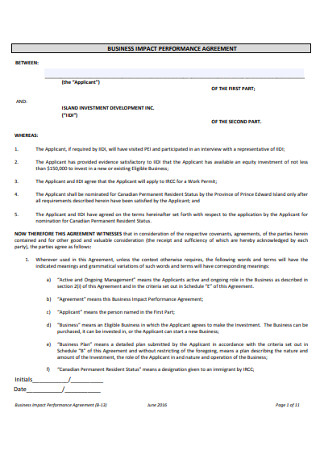
Business Impact Performance Agreement
download now -
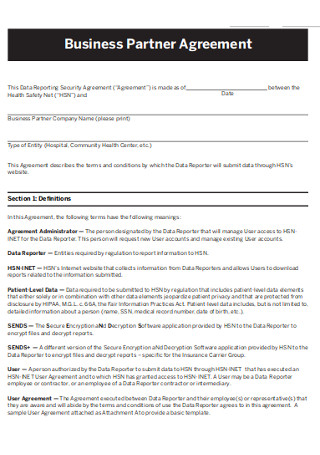
Business Partner Agreement
download now -
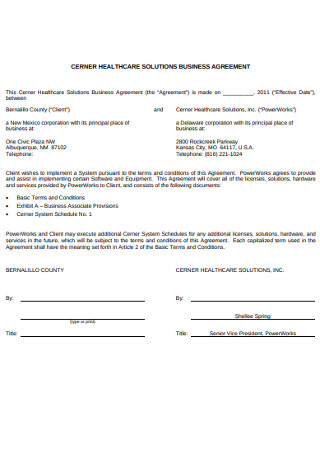
Healthcare Solutions Business Agreement
download now -
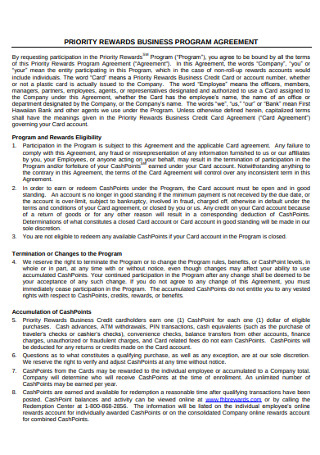
Property Rewards Business Program Agreement
download now -
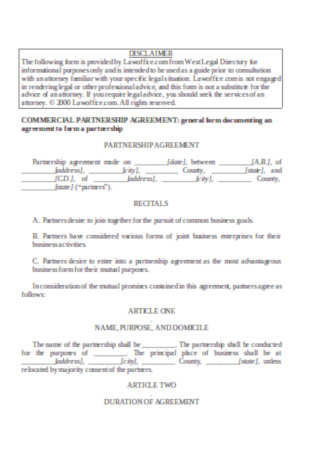
Business Partnership Agreement
download now
FREE Business Agreement s to Download
26+ Sample Business Agreements
What Is a Business Agreement?
The Different Classifications of Business Agreements
How to Create an Authoritative Business Agreement
FAQs
Does a contract have to be written by a lawyer to make it enforceable?
How do you make a contract legally binding?
What makes an agreement void?
How do you make a contract legally binding?
Are contracts still valid even without a notary?
Can you bring personal contracts to court?
What Is a Business Agreement?
In earlier times, businesses were sealed through simple handshakes. If difficulties arose between the parties involved, the case is then brought to court even without a written document. To give you an example—Kaye and Hannah consent to a barter agreement. Kaye is an orthopedic surgeon, while Hannah is a businesswoman who sells expensive dogs for a living. In return for an Akita dog, Kaye offers Hannah free surgery for her daughter’s hip injury. After the surgery, Kaye, unfortunately, lost contact with Hannah and did not get what was promised to her. The question is, can Kaye sue Hannah without a written contract? Yes, she can, but it is challenging to look for substantial evidence without a tangible contract. Therefore, using a business contract is essential. A business contract is a written agreement made by two individuals or institutions who want to do business. This agreement can cover areas such as buy and sell, partnerships, employment, etc.
The Different Classifications of Business Agreements
There are many types of business agreements that apply to different kinds of businesses, and each type of agreement aims to protect the interest of the parties involved. Here are some examples of the various classifications of business contracts:
How to Create an Authoritative Business Agreement
Note that a business agreement is a deal where two or more individuals or entities attend to transactions involving services, goods, or money. It serves to secure the parties involved in case disagreements arise. The following are guidelines in making a basic business agreement:
Step 1: Put the Agreement in Writing
As we have seen in our example earlier, oral agreements are difficult to bring to court. Businesses who open themselves to many deals should have their arrangements put into writing in the even of future conflicts. Having a document that serves as proof of an agreement between two individuals or businesses is safer than a mere verbal agreement.
Step 2: Name All the Parties Involved
This is a very simple step, yet many business people often overlook this part of the agreement. Writing the legal and complete names of the people involved in the negotiation is of utmost importance, so the people who are under obligation to follow the provisions are evident in the agreement. Moreover, always remember to include the right suffixes of company names.
Step 3: Specify the Obligations of Parties
After naming all the parties involved, their obligations towards each other are then written. Don’t forget to write all the conditions that are applicable to make your contract dependable and authoritative. Bear in mind that a written agreement is an enforceable agreement, especially when it has the signature of the parties concerned. If you fail to remember a provision, then you can use the amendment clause written in the later section of the contract.
Step 4: Don’t Forget the Payment Details
Payment details regarding who receives payment, or when to release payments, or what the terms are for giving out payments must be in detail. This is the section of the contract where controversies usually arise. That is why it should be as specific as possible. Also, it is proper to include the payment method to avoid confusion.
Step 5: Include the Conditions for Termination
It is only right to include conditions for termination in case one party fails to meet deadlines or fails to obey the provisions. The party who becomes a victim of a breach of contract should have the right to terminate the agreement. These stipulations will make the contract fair on both sides.
Step 6: Type in Miscellaneous Provisions
Individuals or institutions should choose a law in their state to govern the agreement. They should also be of one mind when resolving disputes. Furthermore, they must keep things confidential between them, when it comes to business plans and strategies.
FAQs
Does a contract have to be written by a lawyer to make it enforceable?
No. Lawyers are not under obligation to write business contracts to make them enforceable. Many businesses use business contract templates they can freely download or buy online. Still, the help of a lawyer can be advantageous because lawyers dig into details and possibilities when drafting a contract, and of course, they have more knowledge with laws that are applicable to make the contract more dependable.
How do you make a contract legally binding?
A legally binding contract applies both state and federal laws in the arrangement. Only then, a contract becomes legal, and this will mean that both parties must follow all the terms and conditions of the written deal. Moreover, a violating party will have to face the consequences of the damage they cause to the other party.
What makes an agreement void?
The following are reasons that makes a contract void. (1) It works against general policies. (2) It benefits only one party. (3) It is illegal or is related to illegal affairs. (4) One party is not qualified to be a part of a legal contract. (5) It is not feasible. (6) It affects other legal rights. Note that when a contract is void, it is no longer amended. You may need a lawyer’s assistance to keep your contract valid in the process.
How do you make a contract legally binding?
A legally binding contract applies both state and federal laws in the arrangement. Only then, a contract becomes legal, and this will mean that both parties must follow all the terms and conditions of the written deal. Moreover, a violating party will have to face the consequences of the damage they cause to the other party.
Are contracts still valid even without a notary?
Yes, but there are exceptions. There are some documents need notarization while there are others that don’t. Papers in real estate are documents that usually need notarization. Documents that don’t need notarization are goods and services contracts and petitions in court. A notary can be helpful in case a contract reaches the court because it identifies the person who signed the document.
Can you bring personal contracts to court?
Yes. A personally handwritten contract should be signed by the agreeing parties and witnessed by a third party who is not a close relative or a friend to make it effective. As long as these handwritten documents follow the requirements of the court, they can be valid.
It is a reality that all businesses are at risk for fraud because the thought of money dramatically affects how a person or business functions. That is the reason why the use of written agreements or contracts is of extreme importance, especially in business relations. The efforts given by one party to establish a company is as important as the efforts provided by other contributing parties. Therefore, everything should be fair between two parties or entities with a written business agreement at hand.
